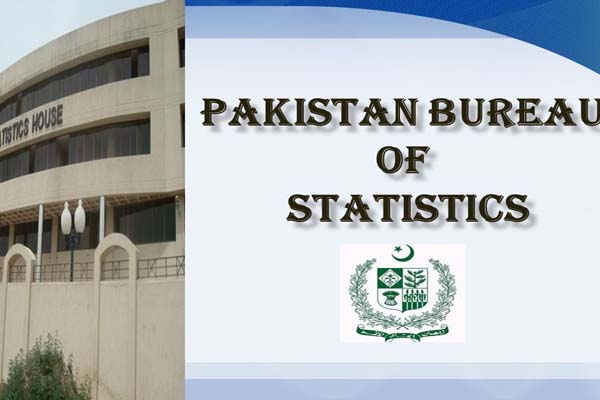ISLAMABAD: The 107th meeting of the National Accounts Committee (NAC) convened at the Ministry of Planning, Development, and Special Initiatives on Tuesday. The meeting approved the introduction of Quarterly National Accounts (QNA) in the statistical system of the country.
Chaired by the Secretary of the Ministry, the committee reviewed crucial economic indicators, highlighting a notable recovery in Q1 2023-24, boasting a growth of 2.13% compared to 0.96% in the same quarter of the previous fiscal year.
The Quarterly National Accounts (QNA) is like a detailed financial snapshot of a country’s economic activities, compiled every three months. It’s a well-organized system that puts together various information over this period, creating a structured way to analyze and model the country’s economic performance.
One could think of it as a bridge between the broader Annual National Accounts (which cover a whole year) and shorter-term indicators that focus on specific aspects of the economy. Essentially, QNA provides a more frequent and detailed look at the country’s economic health, making it a valuable tool for understanding how things are going on a quarterly basis.
Initiated by the Pakistan Bureau of Statistics (PBS) after adopting a new base for national accounts in January 2022, the development of Quarterly National Accounts involved collaboration with the World Bank and a technical committee of national experts. The IMF included QNA compilation in its structural benchmark, emphasizing timely dissemination.
Introduction of Quarterly GDP Methodology:
Therefore, the NAC made history by approving the industry-wise methodology for compiling Quarterly GDP, covering the period from Q1 2016-17 to Q1 2023-24, using 2015-16 as the base year. This step was taken to enhance the accuracy and timeliness of economic statistics. Providing a more nuanced approach of looking at macroeconomic data.
Revised GDP figures and sectoral analysis:
As per details shared by the planning ministry, the GDP for 2022-23 underwent a slight downward revision from 0.29% to -0.17%. The final growth rate for 2021-22 was also estimated at 6.17%, showcasing stable growth in agriculture, improved industrial activities, and a notable boost in services.
The agriculture sector witnessed significant improvements, with positive revisions in important crops despite challenges in sugarcane production. Industrial sector growth, influenced by mining and quarrying, electricity, gas, and water supply, faced a decline due to challenges in large-scale manufacturing and construction. The services sector also experienced a decline attributed to various factors, including transportation and storage, information & communication, finance & insurance, public administration, and education.
Q1 2023-24 Estimates:
To meet IMF-SBA program benchmarks, PBS presented revised GDP numbers for 2022-23 and Q1 2023-24 to the NAC on November 28, 2023. The committee approved the QNA series, along with first-quarter estimates for 2023-24. Notably, a GDP growth rate of 2.13% was estimated for Q1 2023-24, with positive contributions from agriculture, industry, and services.
The NAC acknowledged the collective efforts of the National Accounts team of PBS, Ministry of Finance, and State Bank of Pakistan in compiling revised GDP estimates under challenging circumstances. While the released GDP estimates meet IMF benchmarks, the annual figures remain subject to revision in the NAC meeting scheduled for May 2024 due to the time-lag involved in finalizing data for the last two fiscal years.

























is there any other information related to this article if any please let me know